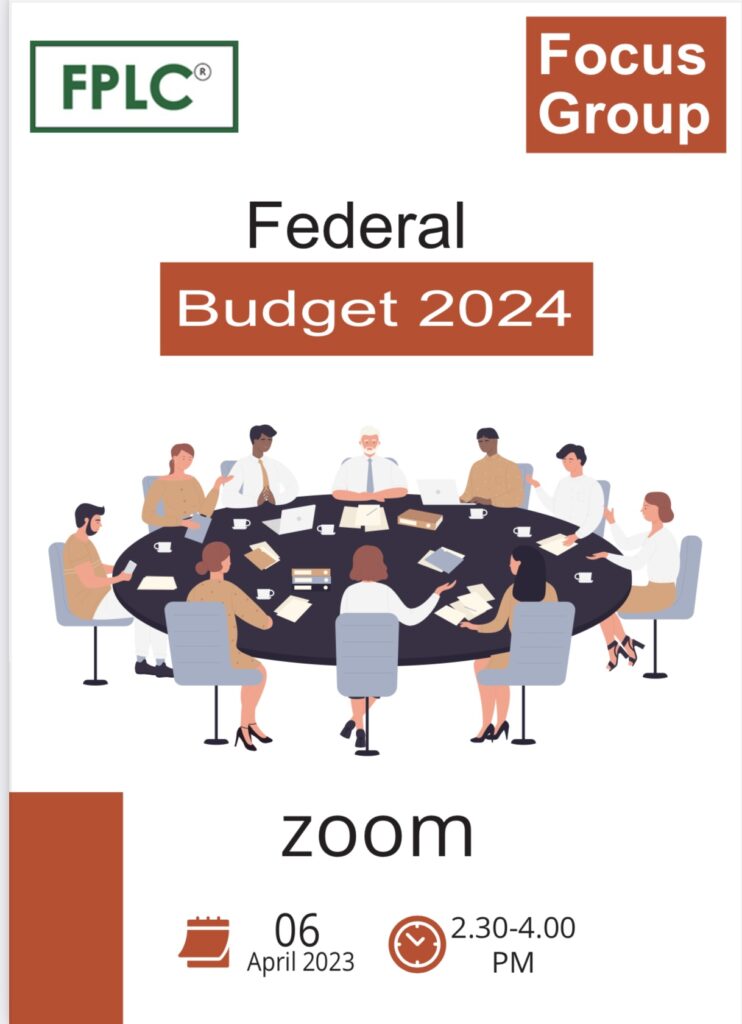This focus group discussion session was organised by the Federation of Public Listed Companies (“FPLC”).
As one of the key speakers of this session, Kian Soon, the IAE CEO, shared with the audience the existing Budget’s provisions on ESG initiatives in Malaysia, how the nation fares against other countries in this area, and what companies can capitalise on the Budget’s provisions for their green initiatives and prepare for possible future taxes on carbon emissions.
It is mentioned that the current tax incentives to address carbon emissions in Malaysia are similar to other developed countries. Broadly, these incentives come in the form of tax deductions, allowances, and income exemptions.
During the recent Invest Malaysia Conference, our Prime Minister announced that Bursa Securities and the London Stock Exchange Group would jointly introduce a new centralised sustainability reporting platform to help companies calculate their carbon emissions impact. Potentially, this platform can be the enabler to support the country’s sustainable development, create high-skill jobs, and allow all companies, including SMEs, to disclose ESG data that conforms with international standards. Kian Soon believes this initiative marks the starting point for introducing carbon tax gradually, to the nation.
While Malaysia contributes to less than 1% of the total carbon emissions in the world, the carbon emission per capita and GDP was higher than the world average and other ASEAN countries. Kian Soon cautioned that even though Malaysia has endorsed the net-zero GHG emission target by 2050, we shall not miss the first hurdle of cutting carbon intensity against GDP by 45% by 2030 (compared to the 2005 level). According to him, we shall review and change our habits and lifestyle regarding energy and transportation usage in the near term. These two elements contribute almost 50% of the carbon emission to the world.



